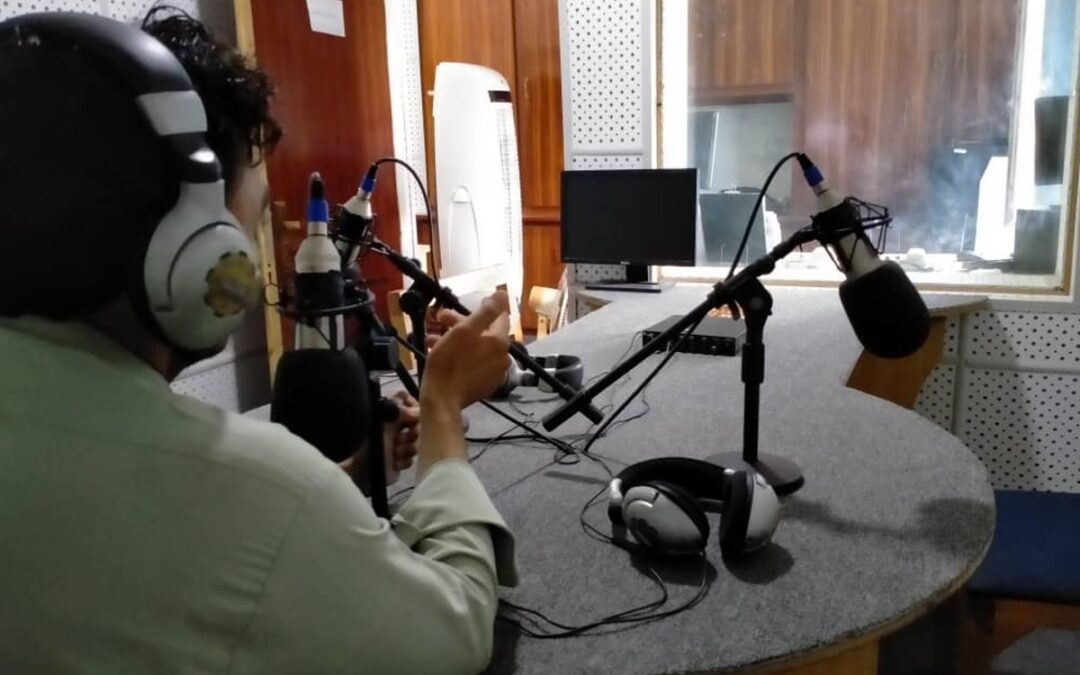Journalists and media workers said Sunday the absence of uniform rules and regulations for the media and different press monitoring mechanisms by the Taliban in provinces have been major obstacles for them in the past year.
According to some journalists, each province has a different set of rules for private media outlets, which has added to their challenges especially given the fact they are mostly all struggling financially.
Media owners said Taliban has moderate rules in place in the western zone, but that when it comes to restrictions on the media, they apply rules based on their personal interests.
“Media outlets in Kabul are airing religious songs and music, including other relevant content, but media outlets in provinces are not allowed to air such content,” said Abdul Karim, head of a media outlet in Herat.
“Meanwhile, the heads of information and culture pay no attention to Kabul officials, and what they say is the law, is implemented on the media.”
“Journalists in provinces are faced with more restrictions than those in Kabul. In provinces, media outlets are not allowed to air some content that is already aired in Kabul. We need attention to be paid to this matter and we want the rules to be the same for everyone,” said Habibullah, head of a private media outlet in Herat.
In addition, the number of women working at provincial media outlets is significantly lower than in Kabul. Women in the industry, in provinces, face many restrictions, including being barred from appearing on screen. In Kabul however, women are allowed to appear on screen, but a mask must cover their face.
Journalists and media owners said that the main issue is the interference of provincial intelligence and vice and virtue offices.
Analysts said that the lack of a unified law for all media outlets will further harm freedom of the press in the country. This comes after numerous restrictions have been imposed on the media by the Taliban in the past 14 months.
Taliban officials said they are working on a uniform law and policy for media outlets.
“A specific law for the media will soon be ratified and media outlets’ issues will be addressed,” said Hayatullah Mujahir Farahi, a spokesman for the Taliban.
The media sector has been badly affected by the August 2021 political developments. Data released by the Afghanistan Journalists Federation shows that 48 percent of media outlets in the country have closed in the past year.
The federation said that only 204 out of 305 radio stations are still operating in Afghanistan.
There were 105 TV networks under the republic government, now only 78 of them are active, the federation said.
According to the organization, 68 percent of media workers have lost their jobs or have left the country since August 2021.




